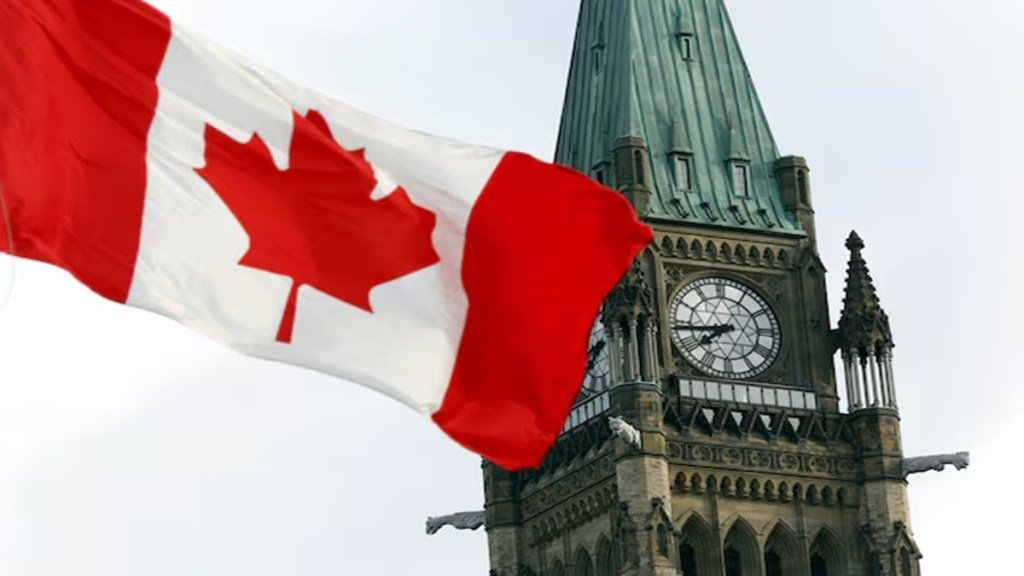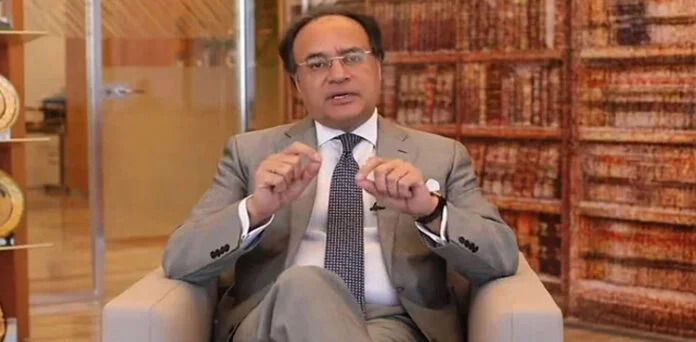
Tobacco use remains a significant public health challenge in Pakistan, with over 25.4 million users and a high prevalence of smoking-related diseases.
Despite numerous tobacco control initiatives, smoking rates in Pakistan remain persistently high. To tackle this challenge, Pakistan can draw inspiration from Sweden’s successful tobacco harm reduction (THR) strategies, which have significantly reduced smoking rates and improved public health outcomes.
Sweden has emerged as a global leader in THR by integrating safer nicotine alternatives—such as snus, nicotine pouches, and e-cigarettes—into its broader tobacco control framework. This innovative approach has helped Sweden achieve one of the world’s lowest smoking rates, with only 5.6% of adults smoking. Consequently, Sweden has also experienced significantly lower rates of tobacco-related illnesses, including a 41% reduction in cancer rates compared to the European average.
Key to Sweden’s success has been the legalization and promotion of these safer alternatives, coupled with robust public awareness campaigns about the benefits of harm reduction products. This widespread education fostered acceptance and adoption of these alternatives, contributing to a steep decline in smoking prevalence.
The Swedish government also played a pivotal role by implementing supportive policies, ensuring harm reduction products were accessible and affordable. Federico N. Fernández, CEO of We Are Innovation, highlights Sweden’s unique approach, noting that while many European countries adhered strictly to the World Health Organization’s tobacco control guidelines, Sweden combined traditional measures with forward-thinking innovation strategies.
The results have been remarkable. Smoking rates in Sweden have dropped from over 15% in the mid-2000s to just 5.6% by 2023, the lowest rate in the European Union. While Sweden adopted evidence-based policies such as advertising bans, public smoking restrictions, and higher taxes on traditional cigarettes, the promotion of harm reduction products was their most groundbreaking initiative.
In contrast, Pakistan’s tobacco control measures primarily focus on traditional approaches like taxation, advertising restrictions, and smoking bans. While these efforts are essential, they have not yielded significant reductions in smoking prevalence. Adopting a more comprehensive THR strategy, modeled on Sweden’s success, could prove transformative.
Pakistan’s government should prioritize the legalization, promotion, and commercialization of safer nicotine alternatives. Introducing tax incentives for these products can make them more affordable, encouraging wider use. Furthermore, public education campaigns can raise awareness, dispel misconceptions, and create advocacy for harm reduction.
By embracing a holistic tobacco harm reduction strategy inspired by Sweden, Pakistan can dramatically reduce smoking rates and improve public health. Legalizing safer alternatives, fostering public understanding, and implementing supportive policies can pave the way for a healthier, smoke-free future for the nation.




















